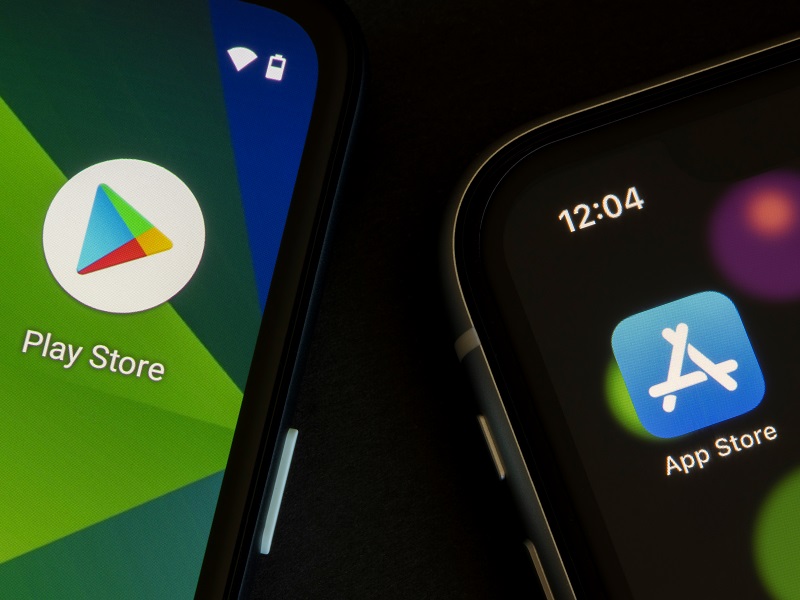A Federal Court judge found the smartphone app stores of Apple and Google engaged in anticompetitive conduct in Australia, in a partial victory for Fortnite game developer Epic Games against the tech giants.
Amid a years-long legal dispute, Justice Jonathan Beach on Tuesday ruled the dominance of the phone makers’ app stores likely reduced competition, but rejected other allegations, including that the two companies engaged in unconscionable conduct.
Two class actions, filed by law firms Maurice Blackburn and Phil Finney McDonald, were also successful, with the decision paving the way for a second stage to claim compensation for consumers and app developers.

Epic Games has been pursuing Apple and Google in courts around the world since August 2020, when Fortnite was dumped from both the iOS App Store and Google Play Store in response to an update that introduced a direct-payment option.
The lawsuits stem from Apple and Google’s policy to take up to a 30 per cent commission on the purchase of apps from their marketplaces, a policy that has been widely criticised by app developers as monopolistic.
In its Australian lawsuit, which also dates back to 2020, Epic claimed the fees for downloads of its games were too high, and that the phone makers made it impossible for users to download its alternative app store.
Justice Beach on Tuesday found Google engaged in conduct that had the likely effect of lessening competition in the Android mobile app distribution market, in contravention of section 46 of the Competition and Consumer Act. A similar finding was made for Apple.
But the court rejected other aspects of Epic’s case alleging contraventions of part four of the Competition and Consumer Act or its unconscionable conduct case. For instance, the technical restrictions were not found to have been imposed by Google for the purpose of lessening competition.
“Google seems to have had various purposes for the… ban. One purpose was to address security risk, as Google perceived it. Another purpose was to prevent free riders, and an associated purpose was to protect the asset that it had invested in and built up,” Justice Beach said.
The Australian judgment, which ran to 2,000 pages, was not released by the court on Tuesday, but media said a judge’s summary included the finding that the smartphone companies had not intentionally breached the law.
In a post on X, Epic said the Australian court “just found that Apple and Google abuse their control over app distribution and in-app payments to limit competition”. It is now planning to bring the Epic Games Store and Fortnite to iOS.
Apple said in a statement that it welcomed the court’s rejection of some of Epic’s claims, but strongly disagreed with its ruling on others. “Apple faces fierce competition in every market where we operate,” the California-based tech giant said on Tuesday.
Google said the company welcomed the court’s rejection of some Epic Games claims but disagreed with the court’s “characterisation of our billing policies and practices, as well as its findings regarding some of our historical partnerships, which were all shaped in a fiercely competitive mobile landscape”.
“We will review the full decision when we receive it and assess our next steps,” it said while applauding the court for recognising the “stark difference between Android’s open platform and Apple’s closed system”.
With Reuters
Do you know more? Contact James Riley via Email.

